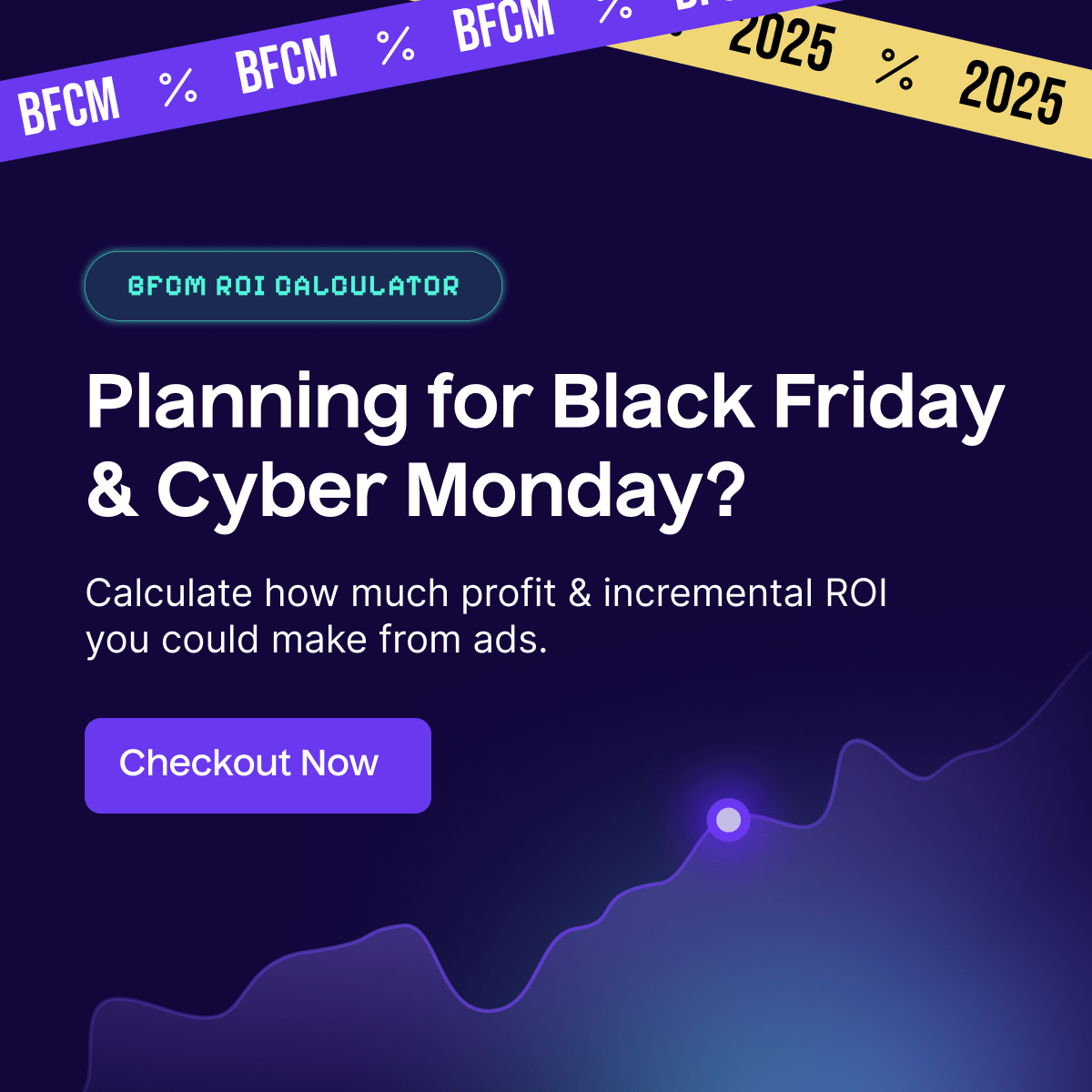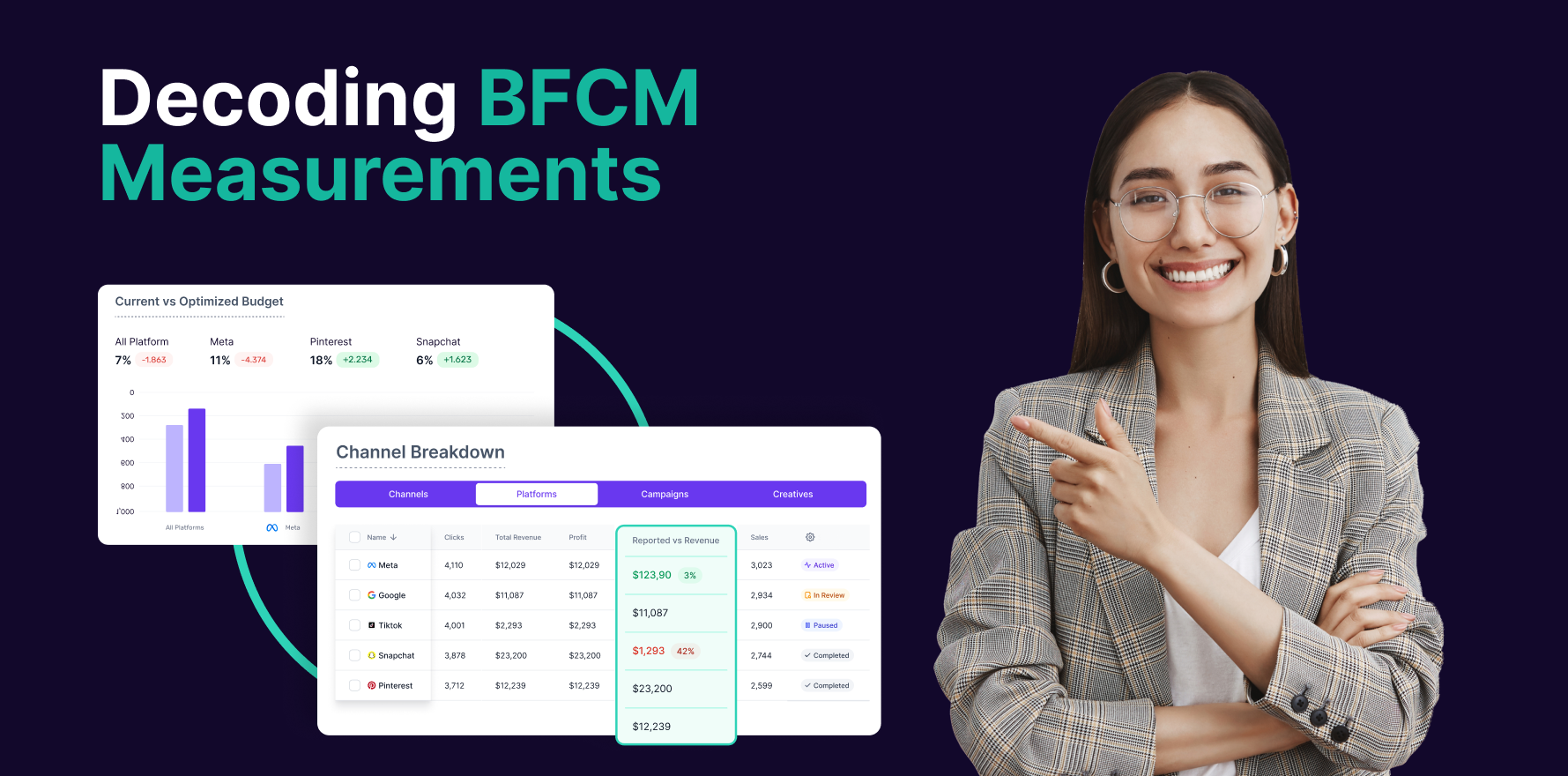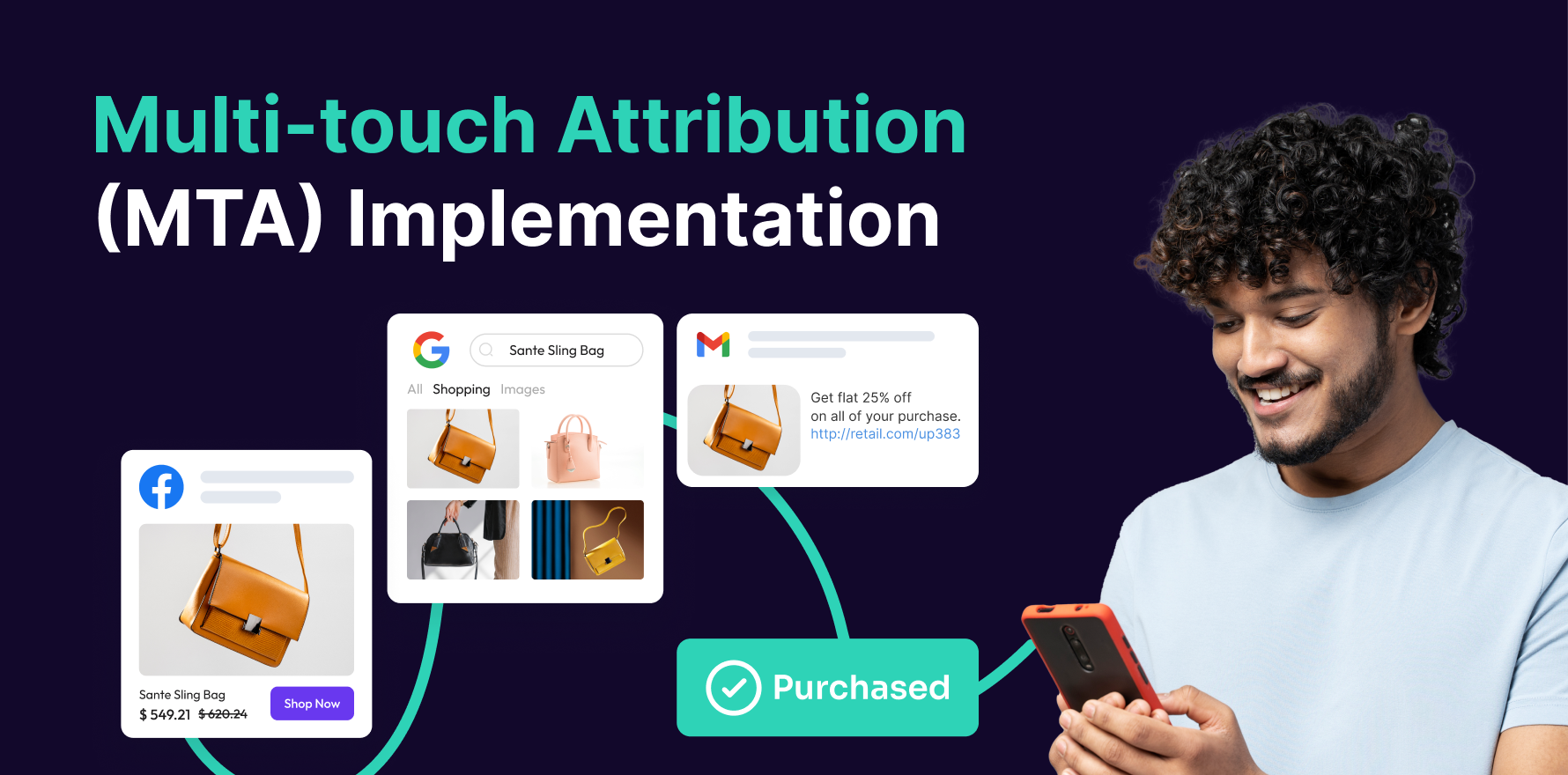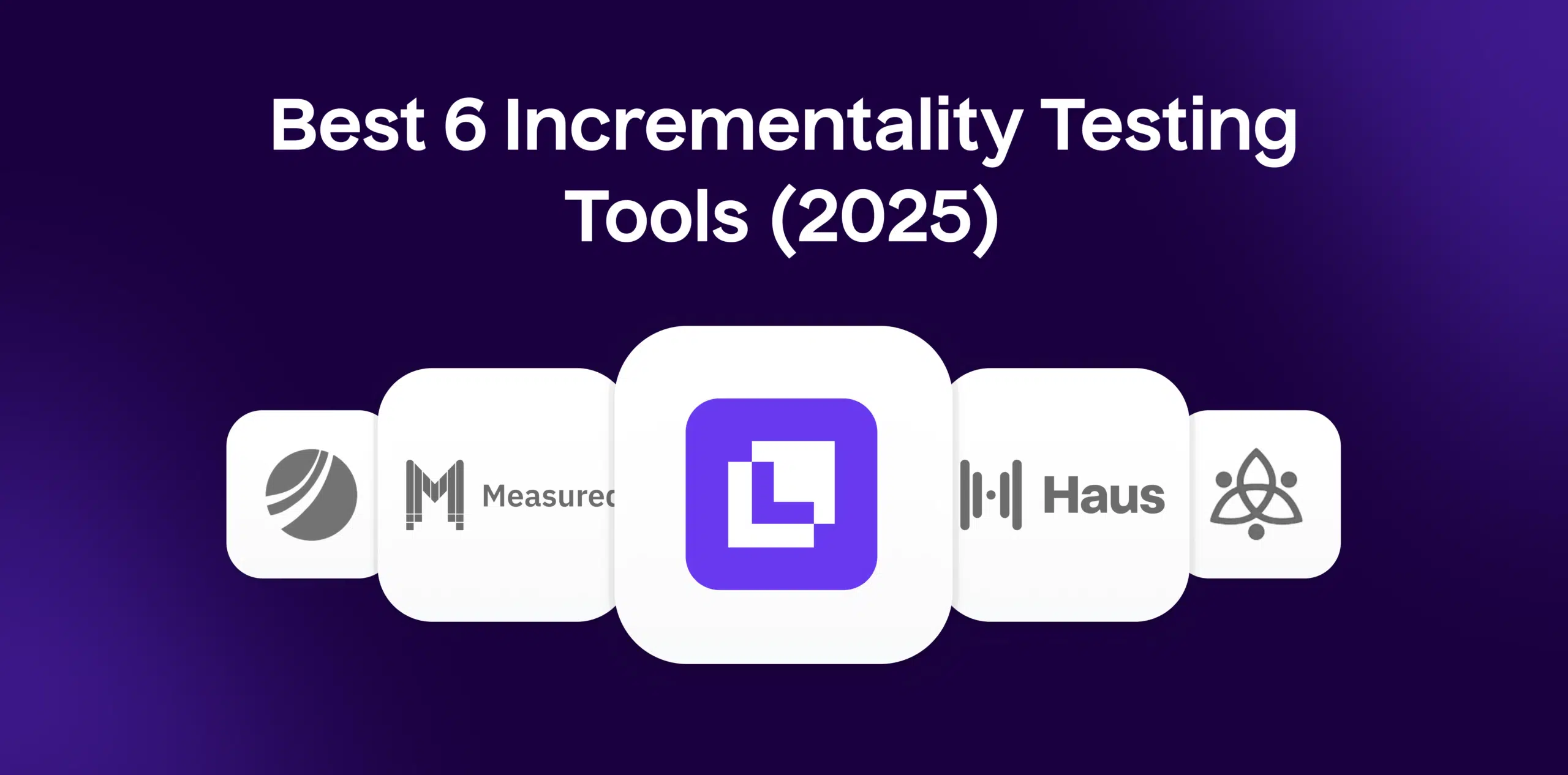What is Paid search?
In the world of digital marketing, paid search also referred to as pay-per-click (PPC) advertising, primarily involves an advertiser paying a fee each time someone clicks on their online ads. Most online entities, including search engines such as Google and Bing, offer paid search advertising services.
Paid search works by using a model where keywords are core to navigating the structure. Advertisers bid on keywords relevant to their businesses in a bid to “win” the chance to display their ads in search engine results each time someone searches for those keywords.
Formula
Paid Search Traffic Percentage = (Number of Paid Search Visitors / Total Number of Website Visitors) * 100%
Example
For instance, an online shoe store might decide to bid on the keyword phrase “leather boots” hoping to rank high in the SERP each time a potential customer searches for leather boots. The advertiser will then pay the bid amount each time a visitor clicks on the ad leading to the shoe store’s website.
Why is Paid search important?
Paid search serves as an effective method to drive targeted traffic to your website, augmenting your visibility and helping you compete in your marketplace. It’s a significant part of an ecommerce business strategy because it can provide immediate results, unlike SEO strategies that often take time to rank organically in search results. Moreover, paid search allows you to target specific demographics, ensuring your ads reach the relevant audience.
Which factors impact Paid search?
Several factors affect your paid search success, including your maximum bid, Quality Score (an assessment of the quality of your ads), relevance of keyword and ad to the search query, and the user’s device and location.
How can Paid search be improved?
Improvement in paid search strategy lies in understanding your target audience, choosing relevant keywords, and creating compelling ad copies and landing pages. Also, consistently testing and monitoring your campaigns can help to refine and enhance their performance over time.
What is Paid search’s relationship with other metrics?
Paid search holds strong correlations with other ecommerce metrics like return on ad spend (ROAS), conversion rate, and customer acquisition cost (CAC). For instance, the higher the success rate of a paid search campaign reflected in the form of increased conversions and sales, the lower will be the CAC and the higher the ROAS.
Free essential resources for success
Discover more from Lifesight
























































